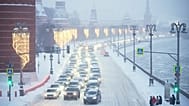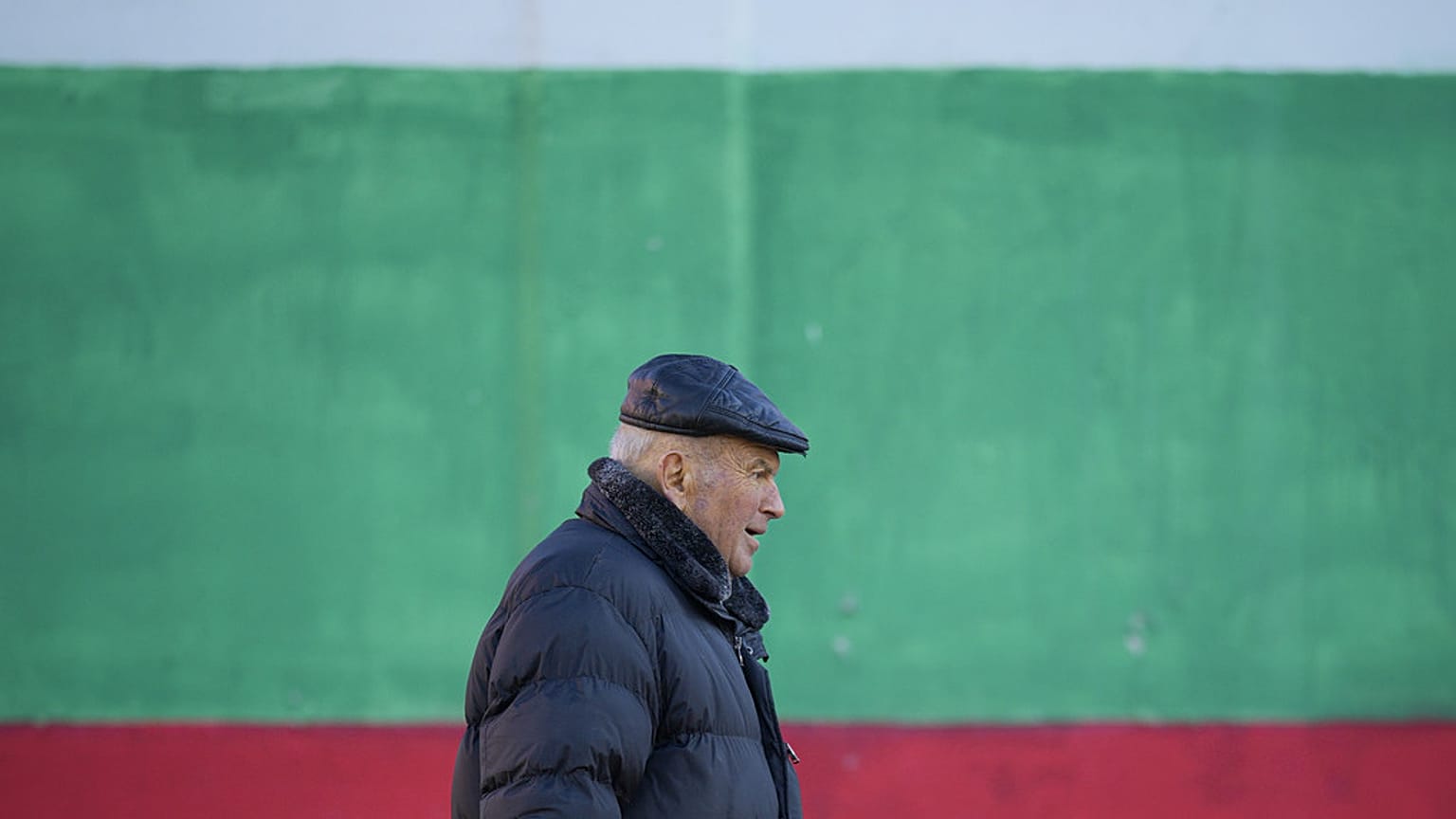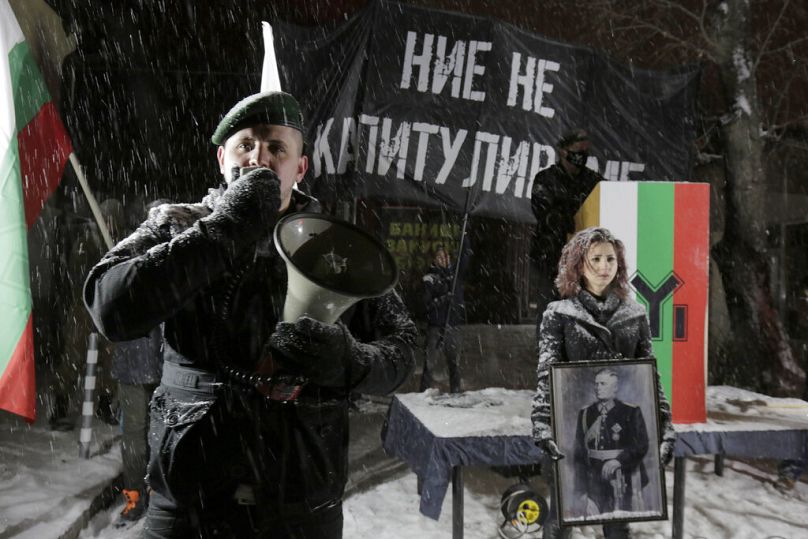Voters return to the ballot box amid high apathy and a surge for the far-right.
Bulgarian voters are once again being asked to decide on the country’s government, as they prepare for snap national elections on Sunday. It is the seventh time that elections have been held in the EU’s poorest nation since mass anti-corruption protests in 2020 toppled a coalition government led by the centre-right GERB party.
Since then, a series of elections — two with just three months between them — have led to unstable coalitions led by multiple centrist and right-wing parties. Some observers have labelled the past few years as a period of "revolving-door governments," which has led to considerable apathy amongst voters.
At the last national election in June, the centre-right GERB-SDS coalition emerged as the largest group with 68 seats in the 240-seat parliament, ahead of the centrist DPS, which has historically represented Bulgaria’s sizable Turkish minority, with 47.
The far-right and pro-Russia Vazrazhdane or Revival party won 38 seats. Turnout stood at a record low of 34%, compared with 75% in the 1990s, soon after the fall of the Soviet-backed regime in Bulgaria.
After months of coalition talks, initially led by members of GERB, ended in deadlock, this October election was triggered.
A history of distrust and apathy
The eastern European nation of 6.7 million has a long history of voter apathy, according to the polling company Gallup, which has been monitoring distrust in elections across Europe for almost two decades.
Bulgaria has consistently come bottom of its list. After reaching a peak of 36% in 2006, voter confidence has dramatically declined to 10%, a record low. The figure is a third of the next-lowest EU country, Romania. It is also six times lower than the current EU average.
It isn’t just elections. Distrust amongst the Bulgarian electorate pervades many public institutions. Confidence in the judiciary stood at just 17%, under half the figure for its next closest rival, Malta. Approval for the EU also reached an all-time low, at 46%.
Some analysts believe this disillusionment has created a perfect storm for the far-right in the country.
The Revival party only entered the parliament in Sofia three years ago in 2021, passing the 4% threshold needed to gain seats. In these elections, it is polling in third place, on 14.2% of the vote, and could even come second.
Since entering parliament, Revival party MPs have pushed for a controversial "foreign agent" law, similar to a bill that caused mass demonstrations in Georgia earlier this year. It also successfully passed anti-LGBTQ+ legislation to ban "propaganda" supporting "non-traditional sexual orientations."
Its success comes as part of a rising tide of ultra-conservative parties across the continent, with large gains made by the far right in national elections in France and Austria, as well as the European Parliament this year.
Observers of Bulgarian politics believe that Revival’s power in coalition building could be unprecedented after Sunday’s vote, especially as the DPS party has split into factions.
















